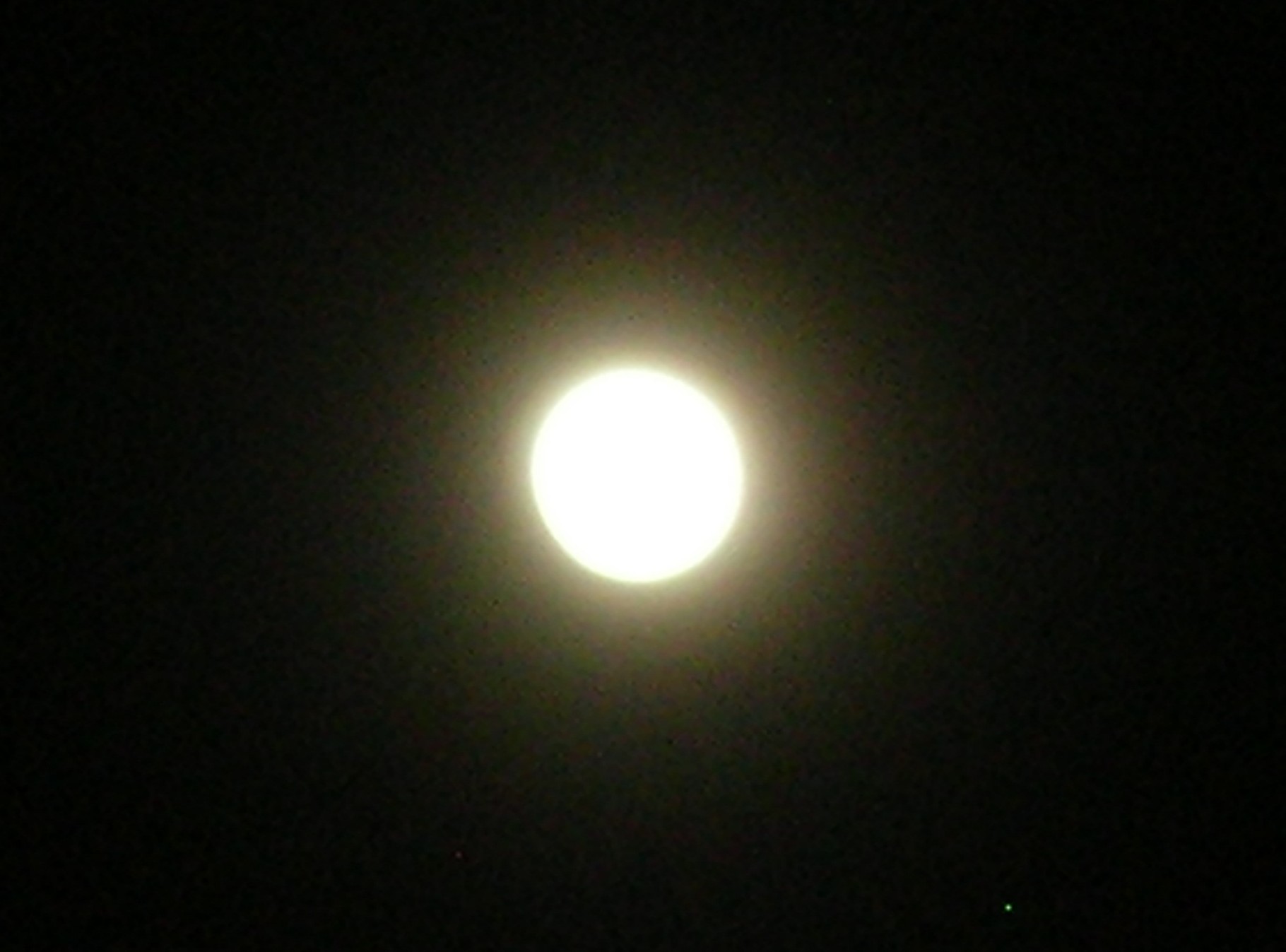Thirty casual poems at my grass hut (14):
Viewing the moon
Of the mind in the great sky
Was loving the color
By straying in the darkness.
Sōan-no gū-ei sanjisshu (14):
Oozora-ni
Kokoro-no tsuki-wo
Nagamuru-mo
Yami-ni mayoite
Iro-ni mede-keri
草庵之偶詠三十首 (14):
大空に
心の月を
ながむるも
闇に迷ひて
色にめでけり
Note: Dogen remembers in this poem, comparing the time when he loved
the moon for its iro (色: phenomena: form and color) straying in the darkness
(night of nescience) and the time when he appreciate the moon for its hou
(法: dharma: truth: teaching of truth: dependent origination: śūnyatā:
emptiness of entity) and as the comparison of the mind-moon or the
Buddha-mind (the full moon).
Cf. Doei, 2:
The poem made on the evening of the 15th of August in the
year (1253 C.E.) of his entering nirvana (August 28):
Even in the autumn, when
I’d expect seeing again,
I could not have slept
With the moon of tonight.
Gonyūmetsu-no toshi hachi-gatsu jūgoya gyo-eika-ni iu
Mata minto
Omoishi tokino
Aki-danimo
Koyoi-no tsuki-ni
Nerareyawasuru
御入滅之年八月十五夜、御詠歌に云
又見んと
思ひし時の
秋だにも
今夜の月に
ねられやはする
Cp. Doei, 41:
Viewing flowers, red leaves
And white snow in winter,
Was out of the love for
Colors – to my regret.
Hana momiji
Fuyu-no shirayuki
Mi-shi-koto-mo
Omoe-ba kuyashi
Iro-ni mede-keri
花紅葉
冬の白雪
見しことも
思ひばくやし
色にめでけり
Cp. The last phrase of Doei, 34 and 41 (same):
Iro-ni mede-keri (色にめでけり: loved for their colors)
.

